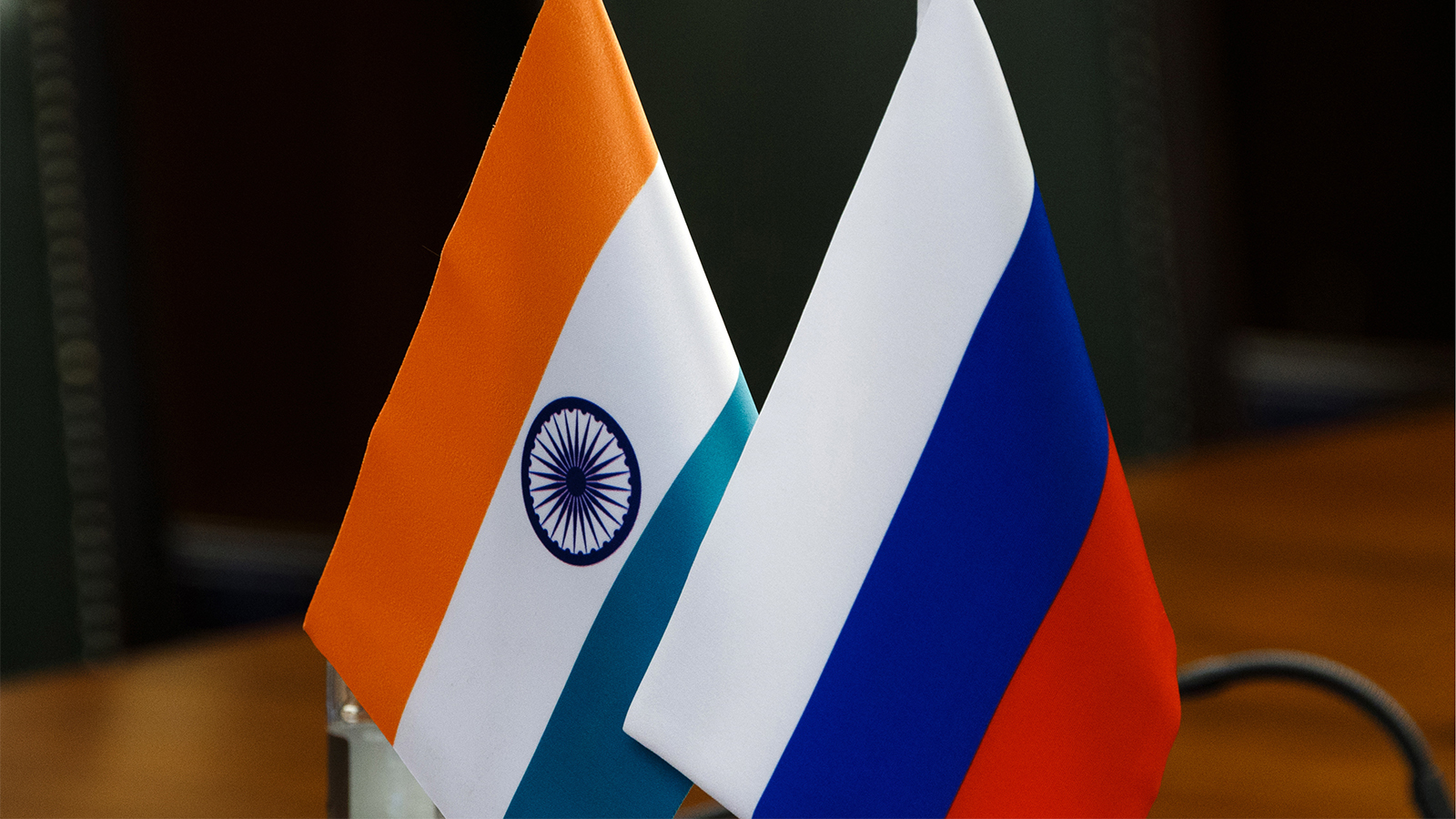
International Performance Audit: SAIs Russia and India share experiences
On 29 May 2023, the Accounts Chamber of the Russian Federation and the Office of the Comptroller and Auditor General of the Republic of India held an experience-sharing seminar on international organisations audit.
Opening the seminar, Mr. Timur Makhmutov, Director of the Department for International and Regional Cooperation of the Accounts Chamber, noted that both SAIs have vast experience in auditing international institutions. He highlighted that sharing these experiences helps to promote best practices in external audit and to understand how to implement them in SAIs’ day-to-day work.
SAI Russia is currently the external auditor of United Nations Industrial Development Organization (UNIDO) and the Preparatory Commission for the Comprehensive Nuclear-Test-Ban Treaty Organization (CTBTO). Ms. Elena Boytsova, Deputy Head of Office of the Accounts Chamber of the Russian Federation, and Mr. Denis Strizheusov, Deputy Director of the Financial Audit Department, spoke about key audits carried out over the past three years. Ms. Boytsova elaborated on the international audit scope of the Accounts Chamber which includes financial audit, performance audit and IT audit. Financial audit is conducted in accordance with International Audit Standards. While conducting performance audit, SAI Russia applies the 3E concept (economy, efficiency and effectiveness), performs the maturity assessment of organisations’ business processes based on ISO standards and benchmarking. IT audit pays extra attention to the effectiveness of IT general controls and cybersecurity assessment.
Among the topics covered in the audits, the most compelling are human resources management and field offices assessments in UNIDO as well as cybersecurity assessment both in UNIDO and CTBTO. Mr. Strizheusov described the audit approaches in detail. HR management system was benchmarked against 44 metrics used for analysis of HR processes, including staff turnover rate, average time to close a vacancy or to process application or request, etc. As a result, it was concluded that, in general, UNIDO has the appropriate HR processes in place, although there are some areas for improvement. Inefficiencies were also identified in the activities of UNIDO field offices. For instance, internal controls over the accuracy and completeness of project assets were insufficient, while the goals set for the offices were too broad and ambiguous. As for cybersecurity, SAI Russia approach includes evaluation of information security controls in accordance with ISO requirements and vulnerability assessment, including penetration test. Key risks identified during the audits were mainly posed by the lack of experienced and competent IT specialists.
Ms. Geeta Menon, Director General, and Mr. Runul Pratap, Director at SAI India, briefly outlined current international audit mandates of SAI India. Mr. Pratap elaborated on the key findings of the UNICEF audit. The audit revealed overpricing in procurement of standard materials. Furthermore, in some cases the procurement of medicines and therapeutic food was initiated before local procurement authorisation was issued. Some of the shortcomings reported in the area of Human Resources Management concerned gender equality. For instance, it was pointed out that gender balance was not maintained uniformly among the regional offices. Regarding cybersecurity, the audit highlighted that penetration tests of such critical IT systems as VISION and inSight were not carried out.
Since 2021, SAI India has served as the external auditor of the Organisation for the Prohibition of Chemical Weapons (OPCW). Mr. Pratap highlighted some of the main audit findings. For instance, inspections of chemical production facilities were not conducted within the prescribed time limits. The algorithm for selecting the facilities to be inspected did not include any weighting factors for geographical distribution. Besides, OPCW Executive Council did not review the existing Policy Guidelines.
Concluding the seminar, the participants stressed that external audit is a decisive factor in better governance and expressed hope for fruitful discussions at future seminars.



